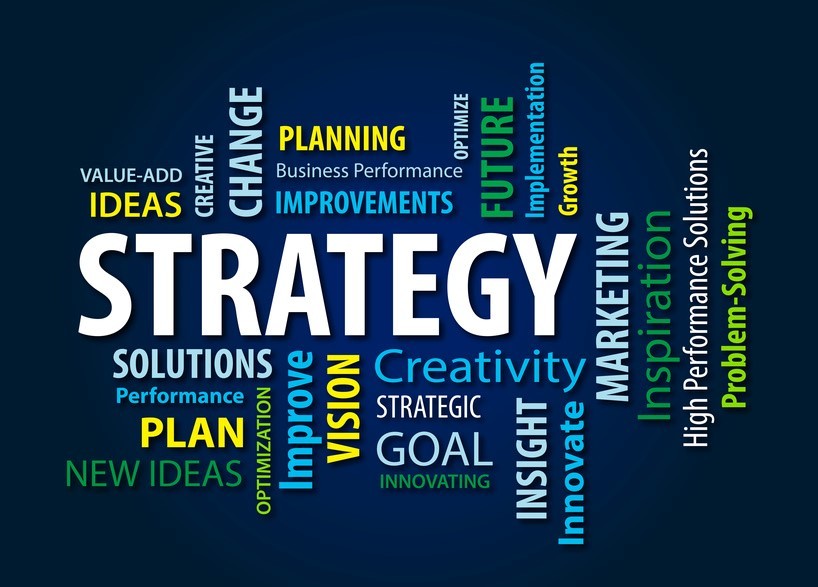Strategic Business Planning for Sustainable Growth
In the dynamic landscape of the business world, strategic planning plays a pivotal role in ensuring sustainable growth for companies. Here, we delve into the essential aspects of strategic business planning, exploring its significance and offering insights into its implementation.
Understanding the Essence of Strategic Business Planning
Strategic business planning is not just a process; it’s a mindset that guides organizations toward long-term success. At its core, it involves setting clear objectives, analyzing the competitive landscape, and aligning resources to achieve predefined goals. This proactive approach enables businesses to navigate uncertainties effectively.
The Role of Vision and Mission Statements
A compelling vision and mission statement form the foundation of strategic business planning. These statements articulate the purpose of the organization and provide a roadmap for future endeavors. They serve as a compass, guiding decision-making and creating a sense of direction for everyone within the company.
Setting SMART Goals for Precision
To translate the vision into actionable steps, businesses need to set SMART goals – Specific, Measurable, Achievable, Relevant, and Time-bound. This framework ensures that objectives are clearly defined and that progress can be measured, fostering accountability and efficiency within the organization.
Environmental Analysis: Navigating the Business Landscape
Conducting a comprehensive environmental analysis is a crucial step in strategic planning. This involves assessing internal strengths and weaknesses, as well as external opportunities and threats. By understanding the business landscape, organizations can make informed decisions and position themselves strategically in the market.
SWOT Analysis: Uncovering Key Insights
A SWOT analysis further refines the environmental assessment by identifying specific Strengths, Weaknesses, Opportunities, and Threats. This introspective examination provides valuable insights into areas that require attention and areas where the organization can capitalize on its strengths.
Resource Allocation: Maximizing Efficiency
Strategic business planning involves allocating resources – both human and financial – in a way that maximizes efficiency and supports the achievement of goals. By prioritizing initiatives and investments, companies can optimize their operations and enhance overall performance.
Innovation and Adaptability: Keys to Long-Term Success
In today’s rapidly evolving business landscape, innovation and adaptability are essential. Strategic planning should incorporate a culture of innovation, encouraging employees to think creatively and adapt to changing circumstances. This flexibility is key to sustaining growth over the long term.
Technology Integration for Competitive Edge
Incorporating technological advancements into strategic planning is vital for gaining a competitive edge. Whether through data analytics, automation, or digital marketing, leveraging technology enhances efficiency and enables businesses to stay ahead in a fast-paced market.
Strategic Partnerships: Collaboration for Success
Building strategic partnerships can significantly contribute to business success. Whether through joint ventures, collaborations, or alliances, partnering with other entities can provide access to new markets, resources, and expertise, fostering mutual growth and success.
Strategic Business Planning in Action: A Case Study
To illustrate the impact of strategic business planning, let’s examine a real-world example. XYZ Company, by adopting a proactive approach to strategic planning, achieved a 20% increase in market share over the past year. Read more about their journey here.
In conclusion, strategic business planning is not a one-time event but an ongoing process that requires dedication and adaptability. By integrating these principles into the organizational culture, businesses can pave the way for sustainable growth and long-term success.





